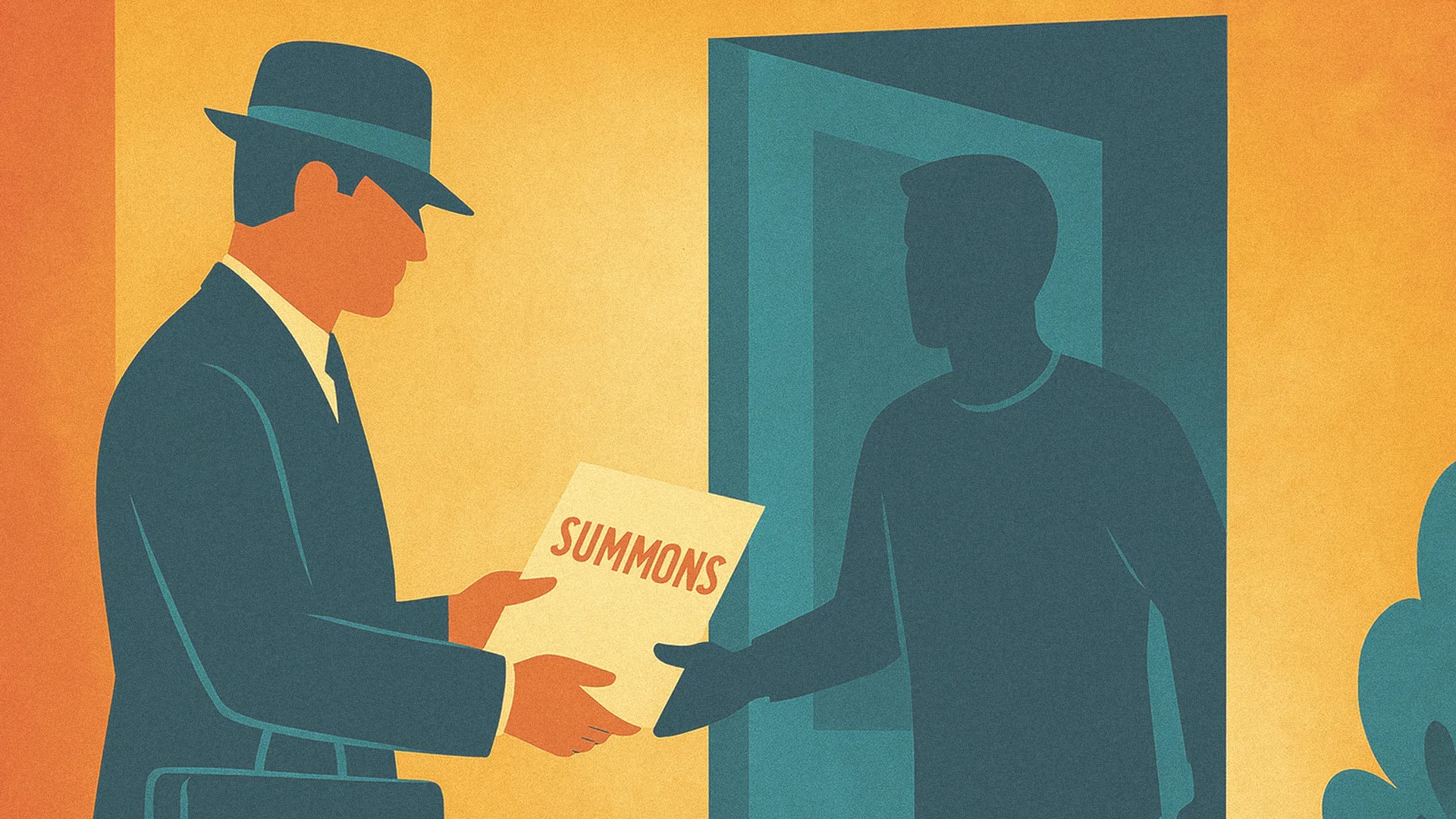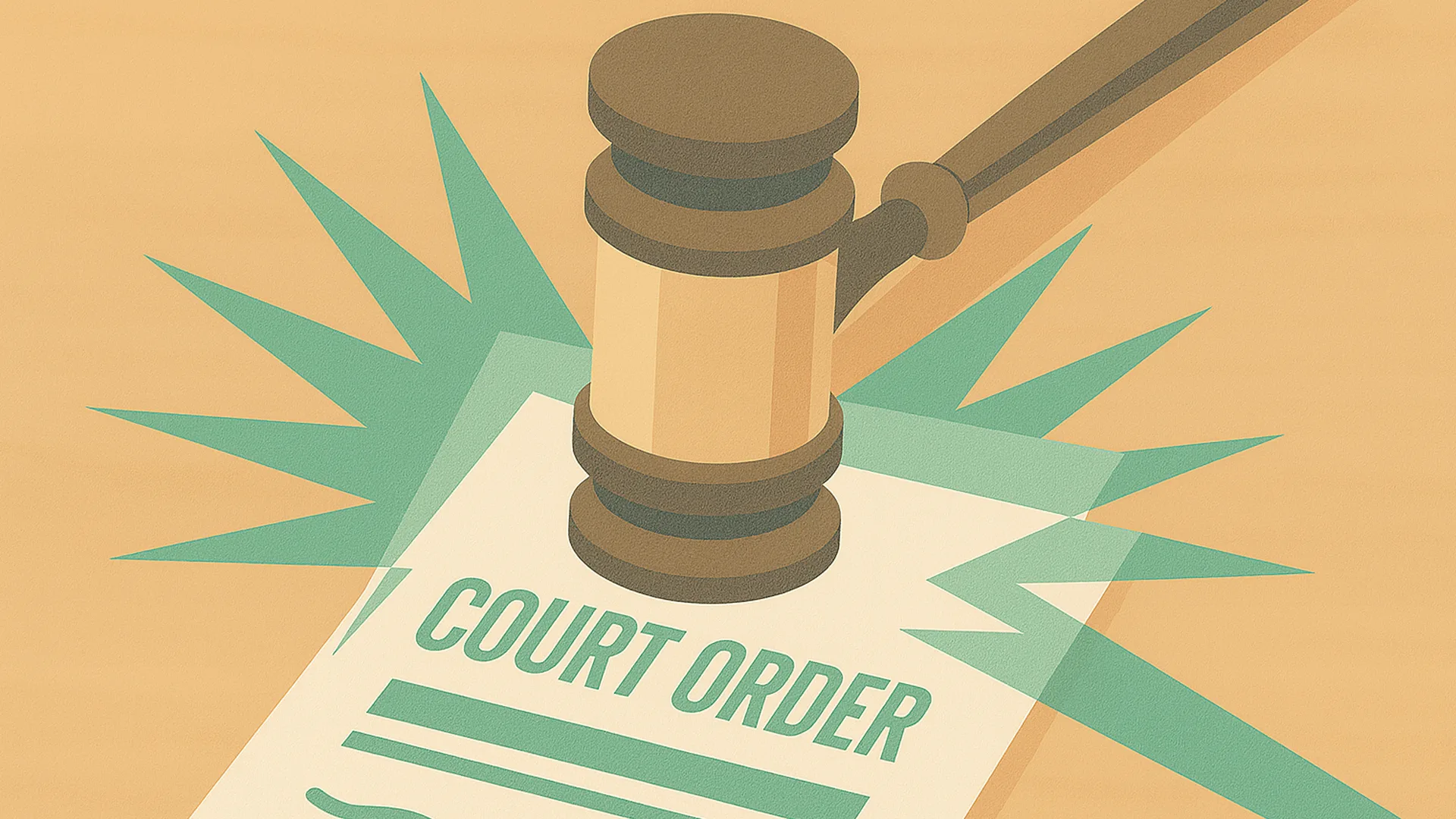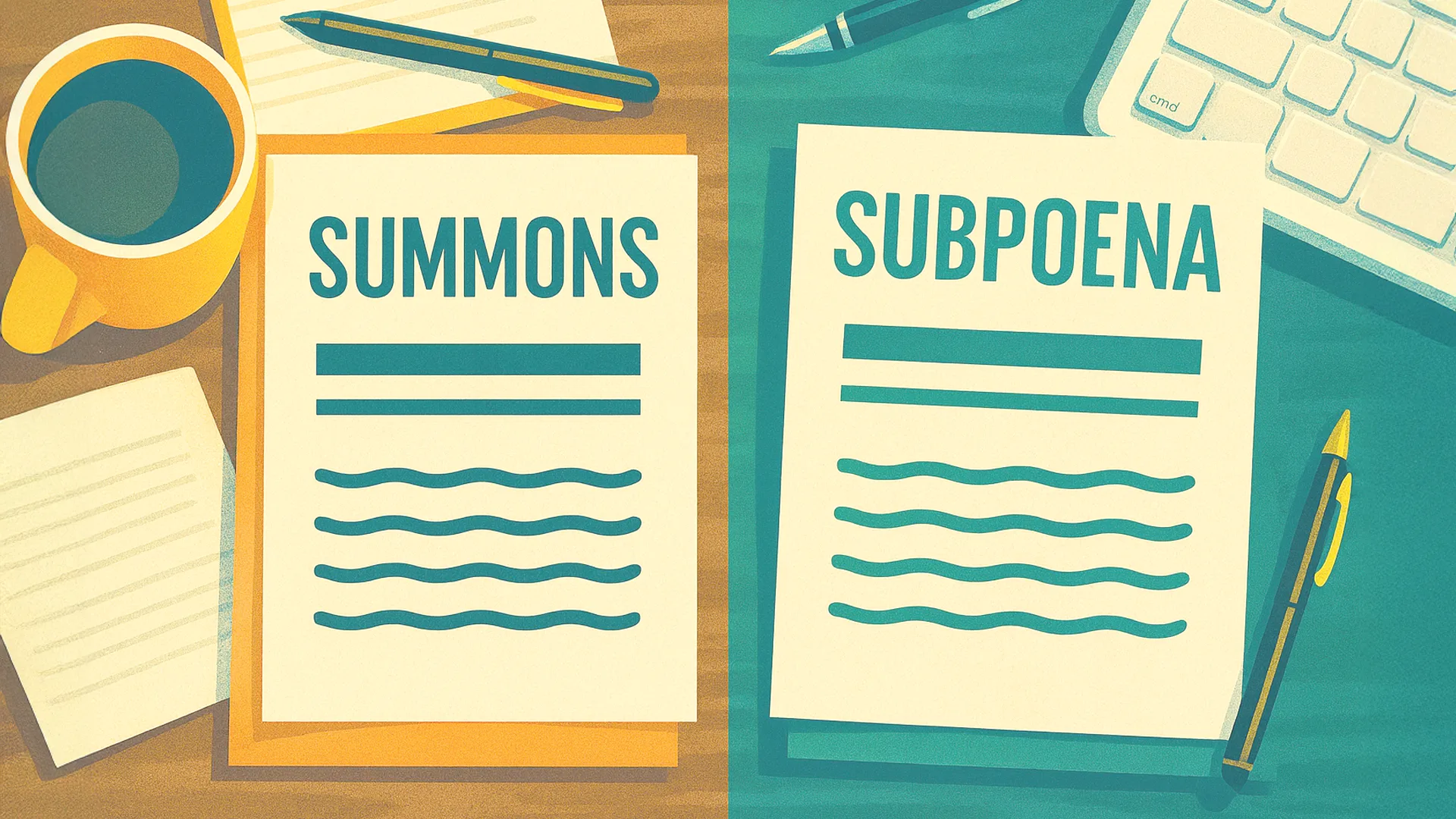Summons vs Subpoena: What’s the Difference?
If you’ve ever received court papers, you know how confusing and intimidating it can be. Among the many official notices you might encounter, two stand out—and sometimes get mixed up: the summons and the subpoena.
Both are essential parts of any legal proceeding, but they carry different meanings, obligations and consequences. Whether you’re a lawyer managing a complex case or someone facing these documents for the first time, understanding the difference between a summons and a subpoena is vital for protecting your rights and making informed decisions.
What is a summons?

Think of a summons as the official “knock on the door” telling you, “You’re involved in a lawsuit.” It marks the beginning of a court case. Technically, a summons is a legal document issued by the court to notify you that someone has filed a complaint against you in either a civil or criminal case. It sets out what you need to do next: usually, either respond to the complaint by a specified date or make a personal appearance in court.
The main purpose here is to ensure that you know there’s a legal proceeding against you and that you have a chance to defend yourself.
Say someone files a lawsuit claiming you broke a contract. Once that complaint is filed, the court issues a summons. A process server might hand-deliver it, or sometimes it comes via certified mail. However it arrives, ignoring it is not an option.
What is a subpoena?

A subpoena is different. It’s a court order requiring someone to do something specific during the legal proceeding. This usually means either showing up to testify in court or at a deposition (Subpoena Ad Testificandum), or producing certain documents requested as evidence (often called a Subpoena Duces Tecum).
Subpoena requests are the tools the legal system uses to gather facts. They pull information into the case, like documents and testimony, and can come from the court itself or from attorneys on either side. The request might be to answer questions, take part in jury duty, provide a witness testimony, make a court date, or hand over records.
In a civil case, let’s say you have emails related to a contract dispute, you might receive a subpoena asking you to appear in court or bring those emails as evidence.
What are the key differences between a summons vs subpoena
| Aspect | Summons | Subpoena |
| Who issues it? | Court | Court or attorney |
| Purpose | Notify defendant of lawsuit; require response or appearance. | Compel testimony or production of documents. |
| What it demands | Respond to the complaint or appear for the court hearing. | Appear in court/deposition or produce documents. |
| When it applies | At the start of a lawsuit or legal action. | During the trial or discovery phase of a legal case. |
| Consequences of ignoring | Default judgment possible. | Contempt of court (fines/jail time possible). |
| Legal obligation to comply | Yes | Yes |
What happens if you ignore a summons or subpoena?

Ignore a summons, and you might hand victory to the other party. Failing to show up at a court proceeding could lead to a default judgment: the judge ruling in favor of the plaintiff or person suing you, without hearing your side of the story. It can mean paying damages or losing property.
Ignoring a subpoena can put you in contempt of court. And there are legal consequences: fines or, in some cases, jail time.
Ignoring either a summons or a subpoena is not recommended. Consult an attorney to help you decide what to do next.
FAQs: Subpoena vs Summons
Does a summons mean I’m being sued?
Yes. Someone has filed a lawsuit against you. The summons is your official notice, and you will need to respond or appear in court.
Can you ignore a subpoena?
No. You’ve got to respond. If you believe the request is unreasonable, you can push back. But you shouldn’t ignore it outright.
Who can serve a summons or subpoena?
Anyone over 18 who isn’t directly involved in the case. Summonses can sometimes be mailed (under certain circumstances), but subpoenas are primarily hand-delivered via personal service. A subpoena requires a more direct approach to ensure receipt by the intended party.
Why does this all matter
If you’re on the receiving end of either a subpoena or a summons, the rule is simple: don’t ignore it. Get advice, understand your rights and act on time. A lawyer will help you understand the document, determine whether it is legally valid and properly served, and help you decide what to do next.
For lawyers and in-house counsel, it’s also about staying organized. Deadlines, appearances, and compliance pile up quickly. Dazychain helps keep track so nothing gets missed.













